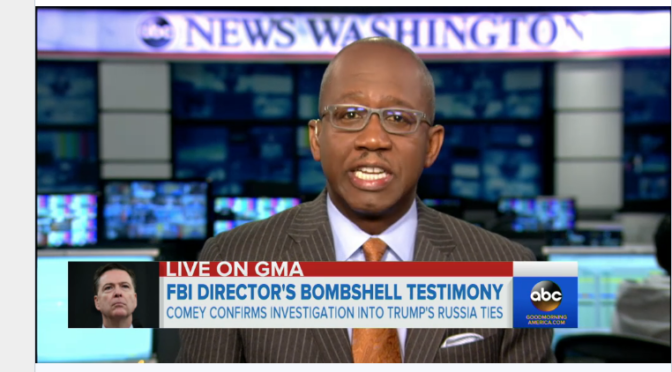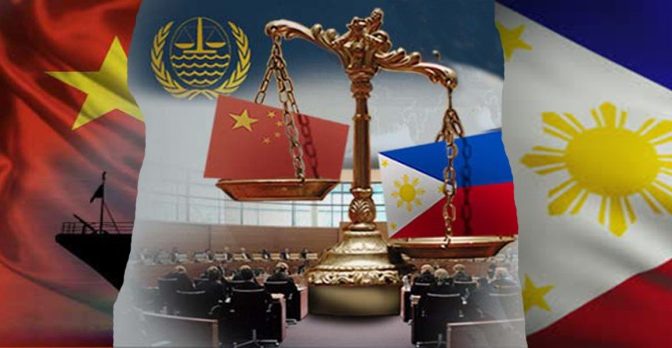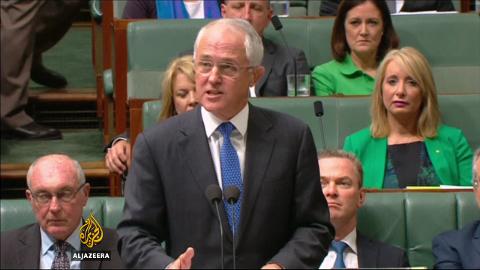There, indeed, was an FBI wiretap involving Russians at Trump Tower.
But it was not placed at the behest of Barack Obama and the target was not the Trump campaign of 2016. For two years ending in 2013, the FBI had a court-approved warrant to eavesdrop on a sophisticated Russian organized crime money laundering network that operated out of unit 63A in Trump Tower.
The FBI investigation led to a federal grand jury indictment of more than 30 people, including one of the world’s most notorious Russian mafia bosses, Alimzhan Tokhtakhounov. Known as the “Little Taiwanese,” Tokhtakhounov was the only target to slip away, and he remains a fugitive from American justice.
Five months after the April 2013 indictment and after Interpol issued a “red notice” for Tokhtakhounov, the fugitive appeared near Donald Trump in the VIP section of the Moscow Miss Universe pageant. Trump had sold the Russian rights for Miss Universe to a billionaire Russian shopping mall developer.
“He is a major player,” said Mike Gaeta, the FBI agent who led the 2013 FBI investigation of Tokhtakhounov and his alleged mafia money laundering and gambling ring, in a 2014 interview with ABC News. “He is prominent, he has extremely good connections in the business world as well as the criminal world, overseas, in Russia, Ukraine, Uzbekistan, other countries.”
Gaeta, who ran the FBI’s Eurasian Organized Crime unit of the FBI’s New York office told ABC News at the time that federal agents were closely tracking Tokhtakhounov, whose Russian ring was suspected of moving more than $50 million in illegal money into the United States.
“Because of his status, we have kept tabs on is activities, and particularly as his activities truly enter New York city,” Gaeta said. “Their money was ultimately laundered from Russia, Ukraine and other locations through Cyprus banks and shell companies based in Cyprus, and then ultimately here to the United States.”
The FBI investigation did not implicate Trump. But Trump Tower was under close watch. Some of the Russian mafia figures worked out of the 63rd floor unit in the iconic skyscraper –- just three floors below Trump’s penthouse residence — running what prosecutors called an “international money laundering, sports gambling and extortion ring.”
The Trump building was home to one of the top men in the alleged ring, Vadim Trincher who pleaded guilty to racketeering and received a five-year prison term. He is due to be released in July.
“Everything was moving in and out of there,” said former FBI official Rich Frankel, now an ABC News consultant.
Read Full – http://abcnews.go.com/US/story-fbi-wiretap-russians-trump-tower/story?id=46266198



